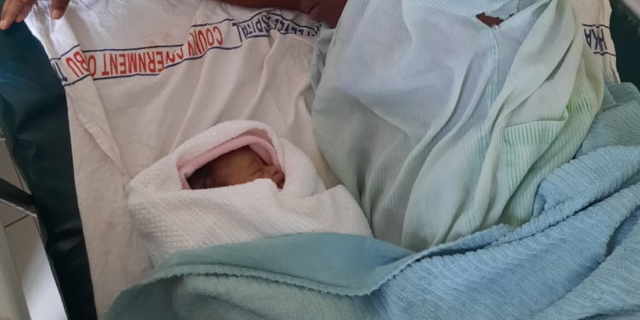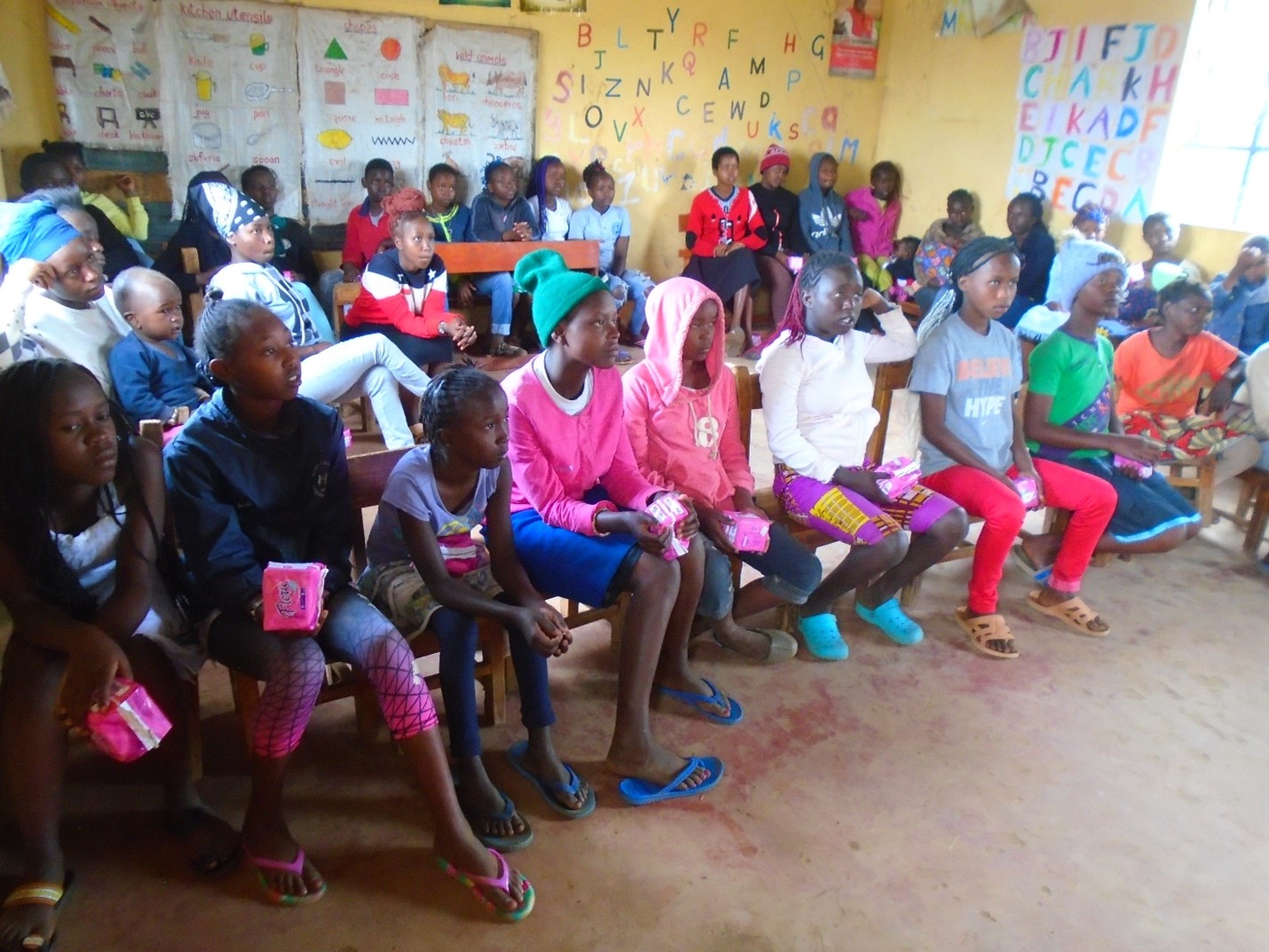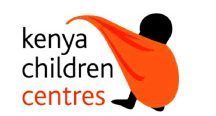Reducing unwanted pregnancies
Introduction

Our work in our abandoned baby centre and caring for abused young teenage pregnant girls has increased our understanding of the problems faced by children in Kenya and spurred us to tackle the root causes of unwanted babies and their abandonment.
Young people from disadvantaged communities generally receive no guidance on sexual matters or support for their adolescent concerns, due to absentee parents, dysfunctional homes and overworked teachers.
Teenage pregnancy causes girls and boys to be stigmatised and rejected, discontinue school, suffer poverty and ill health, and risk further abuse. It also creates an unstable and highly vulnerable upbringing for the baby.
Helping the children
We decided to set up a project to help youngsters avoid these problems in two slum townships and where we had good relationships with the people through our feeding centres and outreach activities. Counsellors from Kenya Children Centres (KCC) developed the initiative, alongside community leaders, teachers and social workers.
Our counsellors provide 800 teenage girls and boys at two schools with education about their bodies, how they develop, how to maintain their health, and formation of relationships. The primary goal of the project is to reduce sexual abuse of teenage girls and unwanted pregnancies. Children attend weekly group sessions in school, and in a community centre when schools are closed. The sessions focus on discussing their underlying concerns and learning about life skills, the reproductive cycle, appropriate behaviours and the impact of creating unwanted babies on their lives. Their concerns have proved to be much more extensive and diverse than sexual matters, and the scope of the sessions has expanded significantly. The list of topics include:
- Reproductive health, including menstrual hygiene for the girls
- Life skill, such as better decision making, assertiveness, personal goal setting, self-development, problem solving, critical thinking, social skills and empathy
- Recognising and managing emotions, in particular anger management
- Time management
- Building and maintaining relationships
- Drug and substance abuse
- Children’s rights
- Self- awareness and identity
- Stress and stress management
- Effective study skills, and dealing with anxiety during exams

The children are encouraged to raise any issues, no matter how shocking or embarrassing, which required a high degree of trust between the counsellors and the children. These are very often issues caused by domestic circumstances and dysfunctional family relationships. Typical issues, worries and problems raised in the group sessions include:
- Misconception surrounding reproductive health issues
- Drawing boundaries in boy/girl relationship issues
- Dysfunctional families, especially single headed households, abusive parents/guardians, child neglect, alcoholism and drug addiction
- Poverty, which renders the students uncertain about continuing with their education.
- Bereavement and grief due to loss of parents and siblings
- Handling and controlling emotions which often lead to risky teenage sexual encounters.
One to one counselling sessions have been provided for many of the children and their family members. These are the most vulnerable children with more serious issues caused by severe poverty, addiction, neglect and conflicts at home, which lead to physical, psychological and sexual abuse. We also give practical support to these families with school uniforms, books, medical care and school fees.
A partnership
The project has been developed as a partnership between counsellors, children, teachers and families. This is important to sustain the lessons and support for the children between sessions, during the school day and at home.
The teachers were part of the planning process for the programme and regularly review progress with the counsellors. They alert the counsellors on emerging issues effecting the school, specific groups or individual students. The teachers reinforce lessons from the group sessions, provide ongoing support, monitor vulnerable children and identify any children that need follow up with their families at home.
The families are engaged in the process with home visits by the counsellors. Family conferences are conducted to observe the family dynamics and assist the family members in providing support for their child(ren). This is a critical activity for the children receiving one to one counselling.
The benefits
Our team are aiming to achieve a sustainable change for the children by:
- Achieving and maintaining a significant reduction in teenage pregnancies
- Improving school retention and academic performance and then achieving an effective transition to secondary school at 14 years (some are older)
- Empowering children to make more informed choices
- Reducing or completely eliminating school drop out
- Developing positive behavior change in the children and supportive changes in their families and their communities.

We get regular feedback from the teachers and the children who say that:
- There have already been less teenage pregnancies than in previous years
- There is a measurable improvement in school attendance
- Improved academic performance has resulted in higher marks in end of term exams
- The children have more knowledge about life issues and how to deal with them
- They have more hope about their future and desire to succeed
- The feel that they and their peers are changing their behaviour
- Their academic performance has improved
With better knowledge and behavioural tools to avoid abuse, the youngsters will be able to prevent unwanted pregnancies, continue education, gain skills and qualifications to earn a living, and avoid a lifetime of prejudice.
